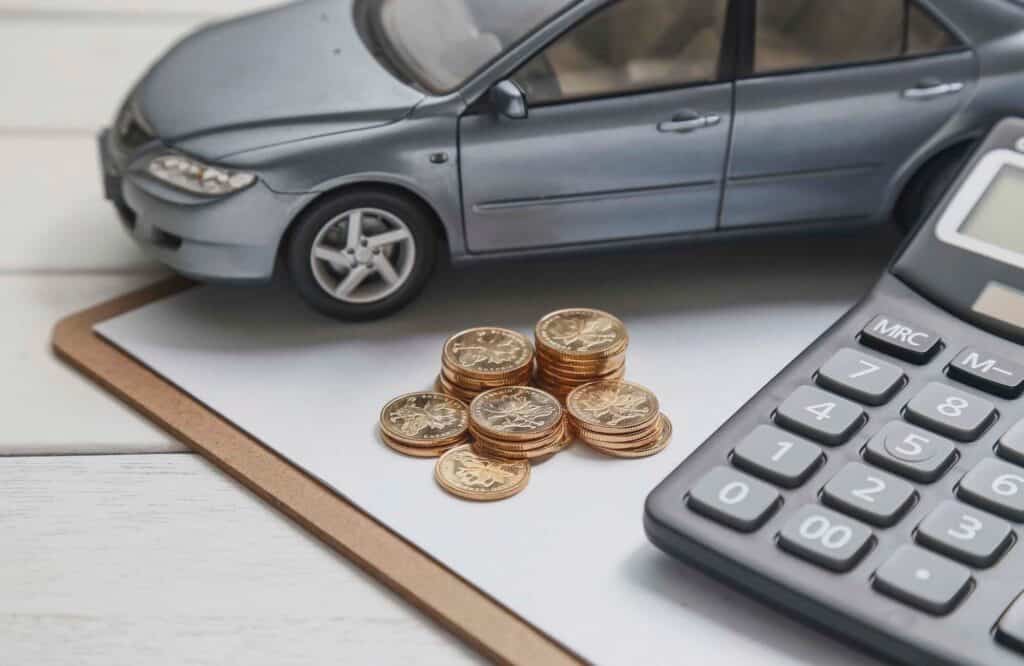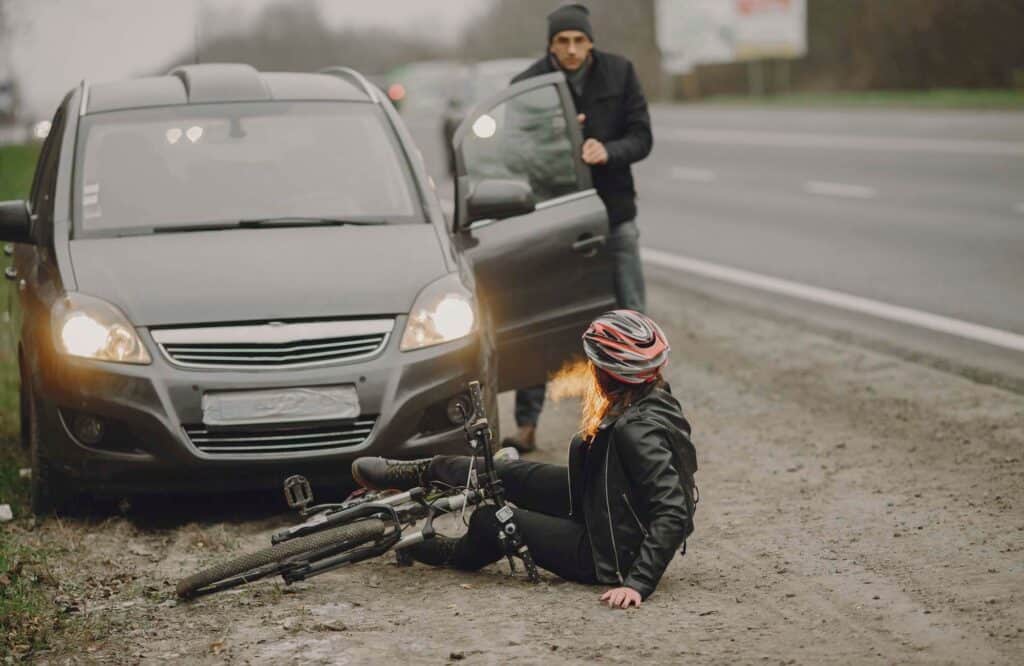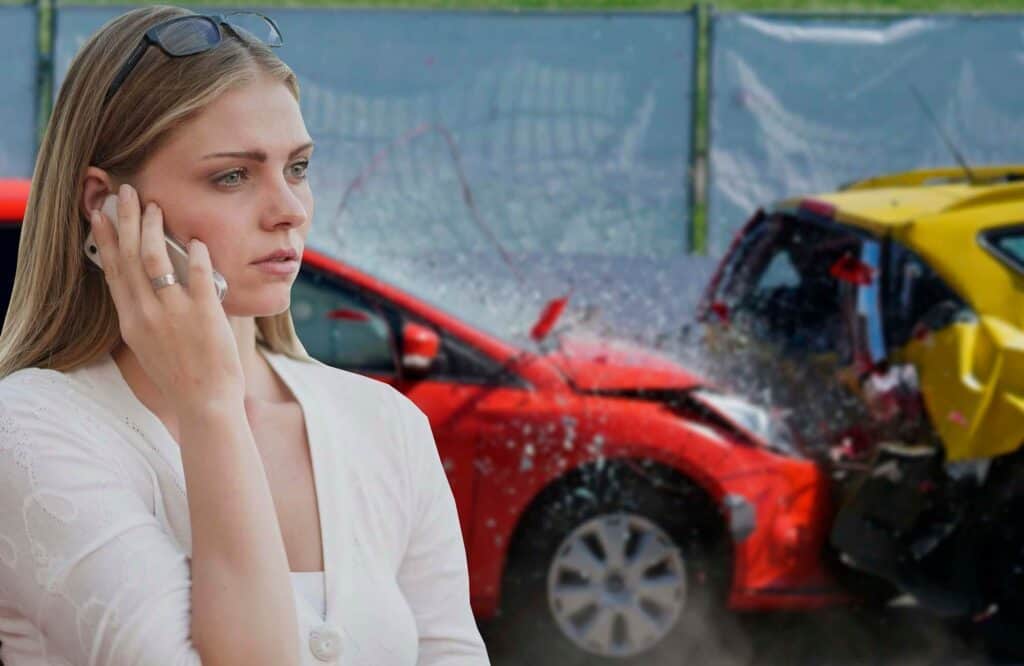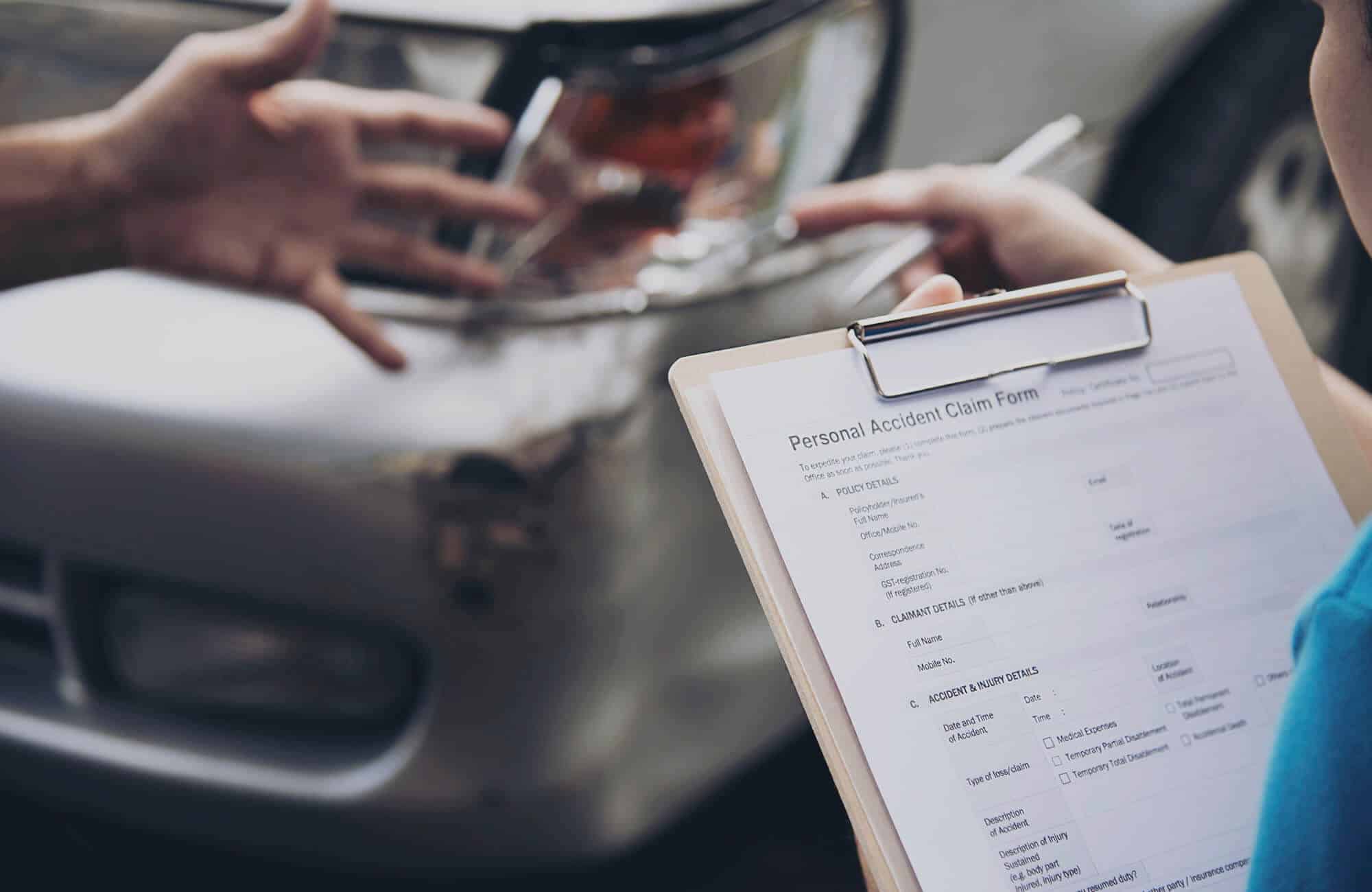Our Firm has taken and resolved many car accident claims and lawsuits. Those claims and lawsuits involve, in the majority of the time, car insurance companies and their coverages
It has been sad to interview many clients who have come to us saying: “My car and I have full insurance coverage”, without even understanding what those words really mean. It is also terrible that some insurance agents have sold policies to some of our clients; and telling them that they have “full guarantee” without explaining what those words mean.
What are the coverages and amounts of car insurance in Florida?
Car insurance policies and coverages in the state could be complicated to analyze, purchase, and sometimes read.
Specifically, I am talking about the exact substance and amount of that coverage, which the insurance company has agreed to provide to you through your policy (which is really a contract between you and the insurance).
Each one, to make it more complicated, may carry what is called a “deductible”. That is, the amount that you would pay out of your pocket before the insurance company pays the agreed amount on your behalf.

Some car insurance coverages are required by Florida law, while others are elective (in other words, you can choose to have them or not, as well as the amounts). Let me try to explain the aforementioned in detail as follows:
Personal Injury Protection (or by its initials: “P.I.P”)
This is mandatory in Florida under the state law. Is called a “no fault” coverage. That is, no matter who was at fault in a car accident, this covers each of the persons involved in it from his/her own insurance policy.
What does it cover and up to what amounts?
It covers your medical bills, your funeral bills (God forbid you die in the car accident) and loss wages. However, up to certain total amount and percentages. The total amount in Florida is $10,000.00, and the percentages are 80% for medical bills and 60% of your loss wages, as well as up to $5,000.00 for funeral and burial expenses.
However, as many things nowadays, the coverage has a few “catches”. The first is that you have to get medical care, and submit a claim for medical costs to your insurance company; within 14 days from the date of your accident or if not the insurer may deny payment. The second catch, is that the insurer may deem your medical expenses not to be of an “emergency nature”, and decide to only pay $2,500.00 from your assurance.
So, as an example: You are a passenger in your friend’s car, going to a concert. But you have your own car parked in your house and decided to go with your friend. Your friend gets into a car crash that was his fault and you are injured. Then, your medical bills were of $10,000.00. Guess what? Your car’s P.I.P. (yes, your car which was not involved in the accident, you read well) is the coverage that pays you up to $8,000.00 (or 80%) of your medical bills if you file your claim within 14 days from the accident, and if you can prove the medical bills were of an emergency nature (a bit more complicated this part to explain here).
Bodily Injury Coverage (or by its initials: “B.I.”)
This is not required in Florida. This means that if you, driving your vehicle, crash into someone else causing that person injuries to his or her body (broken bone, herniated back disks, etc.). Your guarantee would pay to that person the 20% of medical bills which that person’s own P.I.P. did not cover, or the 40% of loss wages which that person’s P.I.P. did not pay (remember the P.I.P. coverage I mentioned above?).
So, in the example above, let’s say that you were injured and the car was your friend’s fault. Then, from your friend’s insurance (if his policy has a B.I. coverage) you would place a claim to try to obtain the 20% of medical bills and 40% of loss wages you sustained which your insurance did not cover.
It also protects you if you hit someone with your car, causing bodily injury
In addition, under this coverage the insurance company also provides you with a lawyer to defend you if you are sued by the person you hit for injuries to his/her body (such as accidents and personal injury).
The guarantee amounts for B.I. fluctuate. Usually we see policies of $25,000.00/$50,000.00, but could be more. You would say: why two numbers? Well, because the first is to cover the bodily injuries you caused in an accident to only one person, while the $50,000.00 in this example would be if you injured more than one person.
Uninsured or Underinsured Motorist (or by its initials: “U.M.” or “U.I.M.”)
It is also not required by Florida law.. It covers you when whomever was at fault in the car accident had either: no insurance, or the person’s insurance coverage was too low to cover all your body injuries.

For example, in the example I mentioned above when you were the passenger in your friend’s car: If your friend was at fault, and you were injured, and your P.I.P. paid 80% of your medical bills, then you would say: what about the 20% I did not receive? Then you turn to your friend’s policy and say: is there B.I. coverage to cover my 20%? So:
1. If your friend didn’t have it, then you turn to your insurance company, if you have U.M. or U.I.M. coverage, and ask your insurance to cover the 20% of your medical bills OR
2. If your injuries were of, let’s say, $50,000.00, then your P.I.P. covered up to $10,000.00 in medical bills (but only at the rate of 80%), so, say it paid $8,000.00, but your friend’s B.I. was of $20,000.00, that means you still have $22,000.00 of uncovered bills. So, you turn to your U.M. or U.I.M. asking for it to pay the amount (of course, if your guarantee is only of say $20,000.00 it would not cover it all).
Unfortunately, many folks do not have U.M. or U.I.M. coverage in Florida because the insurance company charges a bit more for premium payments. The U.M. or U.I.M. usually is about the same as the B.I. That is, if your B.I. covers $25,000.00 your U.M. or U.I.M. probably cover that amount.
Property Damage (or “P.D.”):
This is a coverage required and mandatory in Florida. serves to pay for damages you caused, when it was your fault, to other properties (other car(s), a light pole, etc.). The assurance is usually up to $10,000.00. Which means you better not hit a brand new Ferrari and the accident be your fault. You may want to stay away from those expensive cars when driving if you can help it.
Collision
This is not required under Florida law, but if you are paying for your car under a loan the lender will require you to have it. This covers your car repairs in a car crash (if it was your fault or not). It usually has a deductible of about $500.00.
Comprehensive
This is not required under Florida law, but as Collision, if you are paying for your car under a loan the lender will require you to have it. This covers your car repairs if it is damaged or lost but not due to an accident, for instance, if it is stolen, or if a tree branch falls on it destroying its roof; or if a tornado appears and takes it away destroying it.
Medical Payments Coverage (or also known as “Med Pay”)
This is also not required by Florida law. Provides for payments of your medical bills over and above what P.I.P. and/or U.M./U.I.M. (if you have) would pay.
This is a brief and extremely simplified explanation of car insurance coverages in the State of Florida. Their application and uses could be intermingled and complex in nature.
As I said before, many clients have stated that they have: “full guarantee”, and when I get to read their policies they barely have the P.I.P. or Property Damage coverages required by Florida law. The “full guarantee” should never be used by anyone, since it assumes all types of coverages are included in a car insurance policy, covering up to a huge amount of money that would cover any type of injuries and/or property damages no matter what the amount is. It is extremely rare to find such policies, unless they are commercial policies (for instance, a Coca Cola truck) with an insured amount of several million dollars.

How do I know what my car insurance covers?
By requesting and/or obtaining online or from your insurance company or agent a document called your insurance’s “Declarations Page”.
This is a document which will show the names of the specific coverages you have, if it is cheap car insurance or not (or if on the contrary), the car insurance is too expensive; the limits (that is, up to what amount your insurer may pay), and the deductibles (your out of pocket payments), for each indemnity for which you would be responsible in case of an accident.
You must ask absolutely everything, so that later you do not have problems in the future.
What to do Before and After a Car Accident?
Before you get in a car accident, you may want to take your time to read your policy to see what it covers, and talk to your insurance agent to make any changes to it should you so desire (after learning about the types of coverage and amounts of what I have explained).
After you get in a car accident, if you are physically and/or mentally able to do so, call 911 and try your best to have law enforcement make a written report. If someone in the accident is able to take photos of the cars, and people involved in the accident, take them and try to have the date and time in the photos.
Try to obtain the insurance information (even if policy coverages are not available at the time) from the other drivers. Then, make sure you place a claim to your insurance company for your P.I.P. within 14 days from the date of accident, and try to obtain medical care (emergency or not) as soon as possible. Sometimes injuries appear many days after the accident and people walk out of the accident thinking they are fine.
Likewise, have a consultation with a lawyer of your choice. All consultations in personal injury cases and car accident cases in Florida with a lawyer should be completely free. Our Firm will be here to provide you with personal attention and to guide you after a car accident. You can contact us at:
Abogado Alejandro R. Lopez, Law Office of Alejandro R. Lopez, P.A.
4465 Edgewater Dr., Suite A – Orlando, Fla. 32804
Tel.: (407) 649-1404
The fastest way to contact us would be at our e-mail of: [email protected] which we check with high regularity; or you can also contact us through our website; [email protected].

